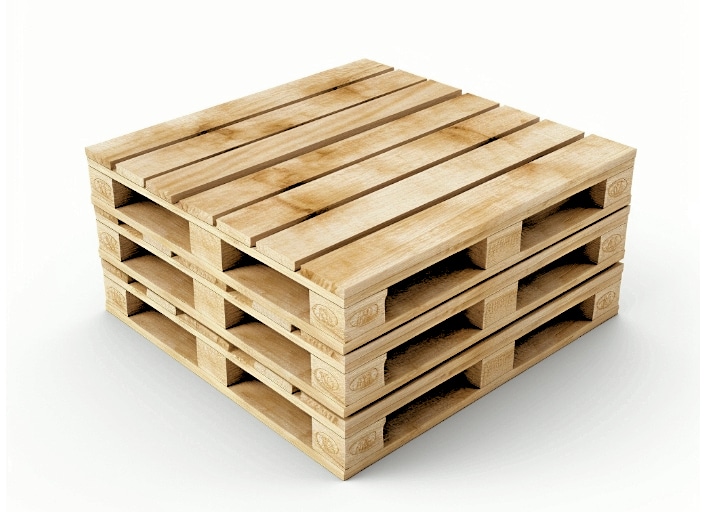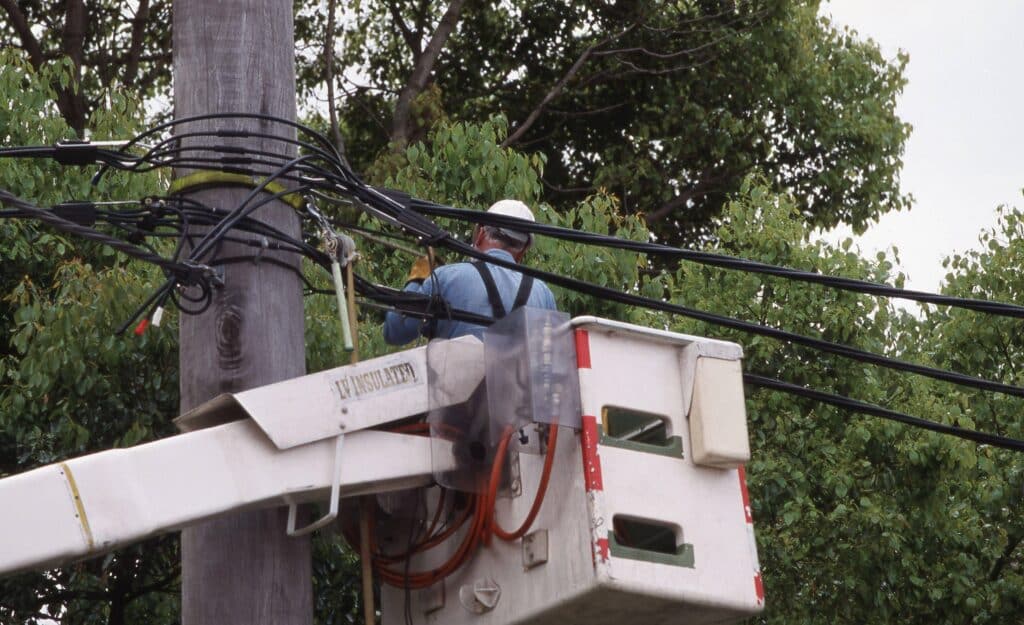It’s often said that pallets make the world go round, and Australia is no exception. More years than not, Australia has a shortage in hardwood pallets, often around the busy Christmas period, causing the Australian consumer goods supply chain to scramble to make up the shortfall.
On Monday, Wood Central reported that Australia’s largest hardwood pallet manufacturer, Pentarch’s Forestry’s South Dandenong mill, was closing its doors due to a lack of hardwood supply – effectively cutting a staggering 40% of the country’s hardwood pallet supply.
“This outcome is the result of the Victorian Government’s decision to end timber harvesting,” Pentarch Forestry’s CEO Paul Heubner said. “The sudden decision to shut down the native timber sector has resulted in significant job losses for Pentarch and other hardwood suppliers, and now 700,000 pallets out of the supply chain each year.”

Heaven will help us the next time the demand for pallets spikes, and we are stranded without supplies this Christmas!
Hardwood supply is Australia’s new Achilles heel—and with the Victorian and WA governments closing the industry and amid chronic shortages of available timbers in NSW and Queensland, we are fast running out of the timbers needed for mining supports, wharf piles, railway sleepers, and, of course, utility poles!
Hardwood is sustainable and renewable, and based on work done by the Federal and NSW Governments, it is carbon neutral.
Why do they keep the economy moving? Softwood pallets break. Steel would spark on the metallic floor of trucks.
So, what is happening with the shutdown of the native forestry industry in Victoria where a significant number of pallets are made?

Make no mistake: removing hardwood from the economy to produce hardwood pallets is a cost-of-living issue.
Prices in supermarkets and all commodities transported by Australian logistics businesses will increase. This means everything.
An increase in the costs of delivery and transporting goods is an inflationary issue.
One sees them staked at factory sites, Coles and Woolworths, and building sites in disposal bins; they are just part of our lives and keep the economy moving.
CHEP, a subsidiary of Brambles, is the biggest pallet provider in Australia – CHEP stands for Commonwealth Handling Equipment Pool.
With the closure of Victoria’s start forests, responsible for 60% of the country’s hardwood pallet supply, will CHEP now substitute hardwood pallets for plastic, and at what cost?
CHEP’s silence on the issue of Victorians ceasing hardwood forestry from state-owned forests raises question marks.
Like the decision by Essential Energy – NSW’s top energy network provider, to switch out hardwood timber poles for fibreglass, these are the inconvenient truths that now need answering!
Hardwood for pallet making from NSW State Forests is not known. The distance of hauling hardwood to major factories is possibly commercially prohibitive.
Given the public issues of cost of living, interest rates, and the fight against inflationary pressures, one would have thought Federal and State Treasurers would be expressing interest in the flow-on impacts of the cessation of hardwood harvesting.
But there is silence all round!





